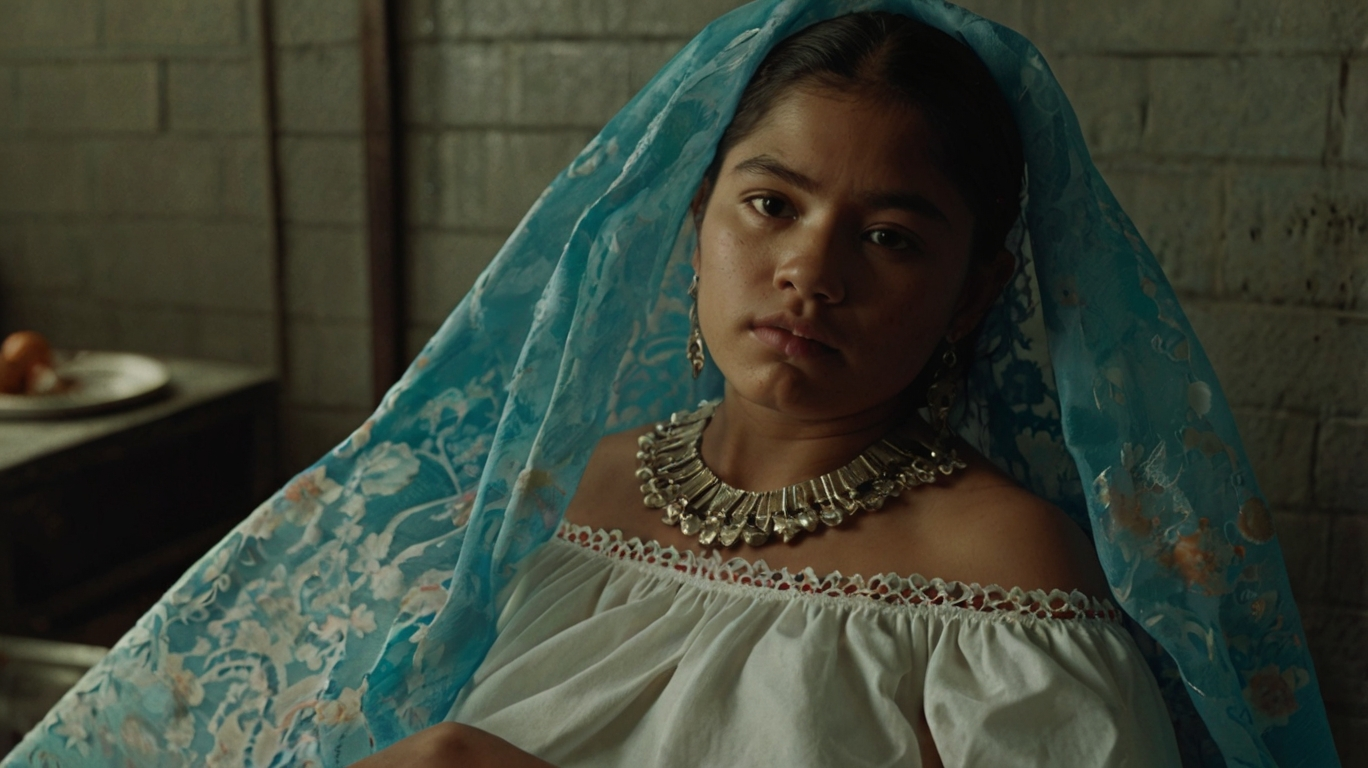FAQ
What is the role of family in Mexican healthcare decisions?
In Mexican culture, family is key in health choices, especially for reproductive health. Elders often guide these decisions, influencing what individuals choose for their health.
How do religious beliefs impact reproductive health practices in Mexican communities?
Religion, like Catholicism, shapes views on reproductive health in Mexico. It affects opinions on family planning, abortion, and medical treatments. These beliefs influence both individual and community health practices.
ADVERTISEMENT
What are the traditional birth practices and the role of parteras (traditional birth attendants) in Mexican maternal care?
Traditional birth practices in Mexico rely on parteras, skilled community members. They support women before, during, and after childbirth. Parteras keep cultural traditions alive and offer holistic care.
How do cultural beliefs about fertility, pregnancy, and postpartum care influence Mexican reproductive health?
Cultural beliefs in Mexico deeply affect reproductive health. These beliefs, passed down through generations, influence family planning, birthing rituals, and postpartum care. They shape attitudes towards health.
ADVERTISEMENT
What role do indigenous healing methods and herbal remedies play in Mexican reproductive wellness?
Indigenous healing methods, including herbal remedies and ceremonies, are vital in Mexican reproductive health. These holistic practices are valued for their cultural importance and perceived health benefits.
How do Mexican cultural perspectives influence family planning and contraceptive practices?
Mexican views on family planning and contraception vary. Traditional methods like natural fertility awareness coexist with modern options. Community support also influences reproductive health decisions.
ADVERTISEMENT
What are the challenges in bridging cultural gaps in Mexican reproductive healthcare?
Overcoming cultural gaps in Mexican healthcare is challenging. It involves language barriers, educating providers, and cultural sensitivity training. These efforts are crucial for better care in Mexican communities.
ADVERTISEMENT
How can traditional Mexican practices be effectively integrated with modern reproductive healthcare approaches?
Integrating traditional practices with modern healthcare requires collaborative models. These models value cultural knowledge and blend it with evidence-based medicine. This approach improves health outcomes and patient satisfaction.
ADVERTISEMENT

